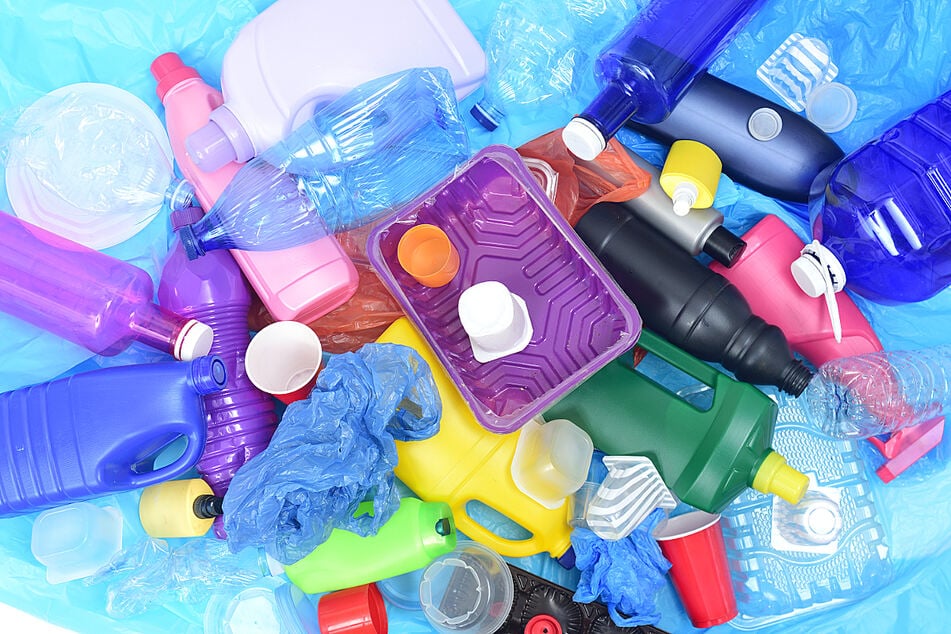A plastic-eating enzyme could hold "endless" possibilities for recycling
Austin, Texas - Researchers with the University of Texas at Austin upgraded a special enzyme that can chow down on over 50 different types of plastic, and it's shaping up to be another puzzle piece of the climate crisis solution.

The UT research team published a study in Nature that showed how one type of enzyme could break down a plastic cake tray in just 48 hours, nearly two times faster than similar methods, according to UT News.
The enzyme, called PETase, was first found in a bacterium living in landfills full of plastic waste. It can munch on the type of plastic found in everyday items, like fruit, salad, and cookie packaging.
The team tweaked the enzyme with help from machine learning, which basically showed them which building blocks to use so that it becomes more flexible.
Their newest version of PETase has a taste for 51 different types of plastics, but the team is still looking at how the enzyme can take on the stuff found in certain plastic bottles.
"The possibilities are endless across industries to leverage this leading-edge recycling process," said Hal Alper, a leading member of the team and chemistry professor at UT at Austin.
The buffed up enzyme could be a key to keeping PET plastics from landing in our environment. That would be a huge climate win, since PET makes up 12% of global solid waste.
The team sees the enzyme hard at work in the future in our landfills and plastic recycling centers. It could even be a way to deal with waste polluting our environment.
Cover photo: 123RF/josepijosep
